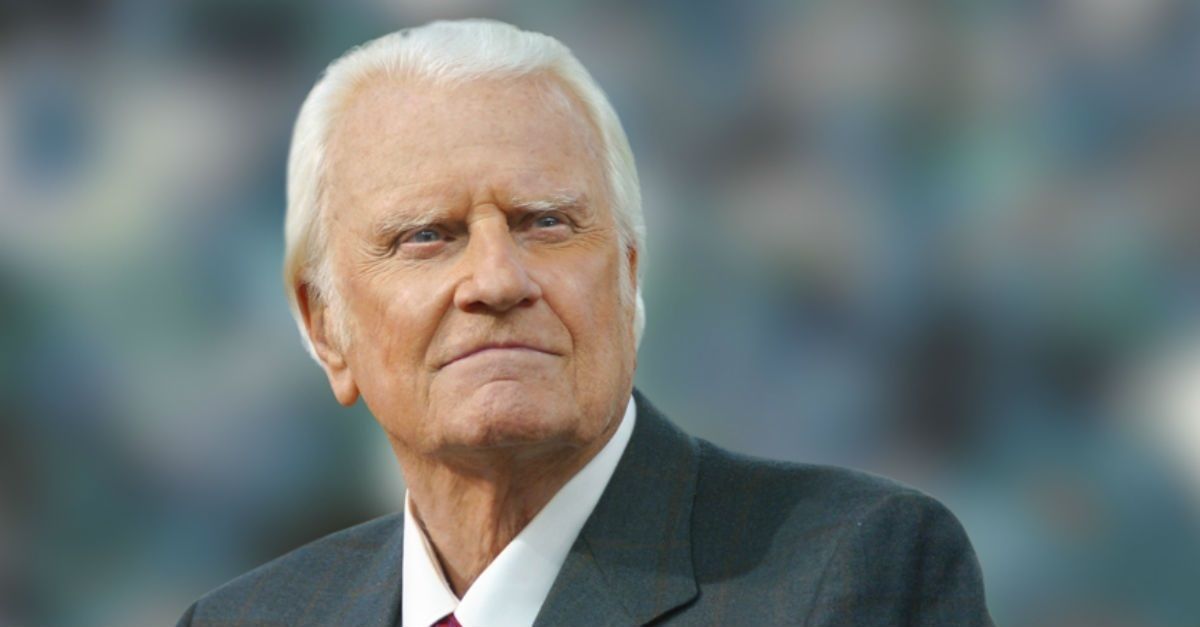As Western culture becomes more and more secular, or to use Charles Taylor's fascinating word "disenchanted," traditions and practices once largely normal seem more and more strange. Large families, choosing church over Little League, or smudged foreheads just aren't as normal as they used to be, and the second glances or raised eyebrows they create reveal more than a confusion about the thing itself.
In fact, I'm not sure there is a Christian observance that more directly collides with the widely accepted values of secularism than the "imposition of the ashes," a tradition that goes back about ten centuries and marks the beginning of the season of Lent on the Church calendar.
Like Advent, the season of Lent is about preparation. Before Christmas, our Christian forebears thought it wise to prepare a bit, and that by diving deeply into Old Testament promises and prophecies we'd better understand the birth of Christ in the full context of redemptive history. So too, in Lent, our Christian forbears thought it wise to prepare for Holy week, especially for celebrating the resurrection on Easter Sunday.
A key distinction is that Lenten disciplines, beginning with Ash Wednesday's reminder that "You are dust and to dust you shall return," place our celebration of resurrection in the context of our humanity, both our mortality and our fallenness. Even if the church calendar and its accompanying disciplines is not part of your church tradition, these two aspects of our humanity deserve our focused, intentional, and extended reflection.
Of course, most Christians would quickly reply that, of course, sin and death affect us all post-Eden. The problem is, in a secular culture, these beliefs that are crucial to a Christian worldview can be subtly secularized in our own hearts and minds.
Years ago, when my grandfather was dying, he suffered terribly for three or four months. In sorrow, I asked my pastor, "Why doesn't God just take him?" I expected him to say something along the lines of, "Well, God has His ways, and His own timing," but instead he said something I'll never forget: "Because your grandfather needs to know his mortality before he meets his maker."
What Ponce de Leon once sought in the waters of a Fountain of Youth, we still seek today via genetic engineering, eugenics, and other technologies. In other words, we seek control over this world and even over death itself.
Despite our search, death remains the universal problem of the human condition, one that afflicts us all. A secular culture is led by the reality of death to fear death itself, so that we either attempt to control death or distract ourselves from the thought of it. As a result, we learn to live life in light of the moment, rather than eternity. |




















































No comments:
Post a Comment